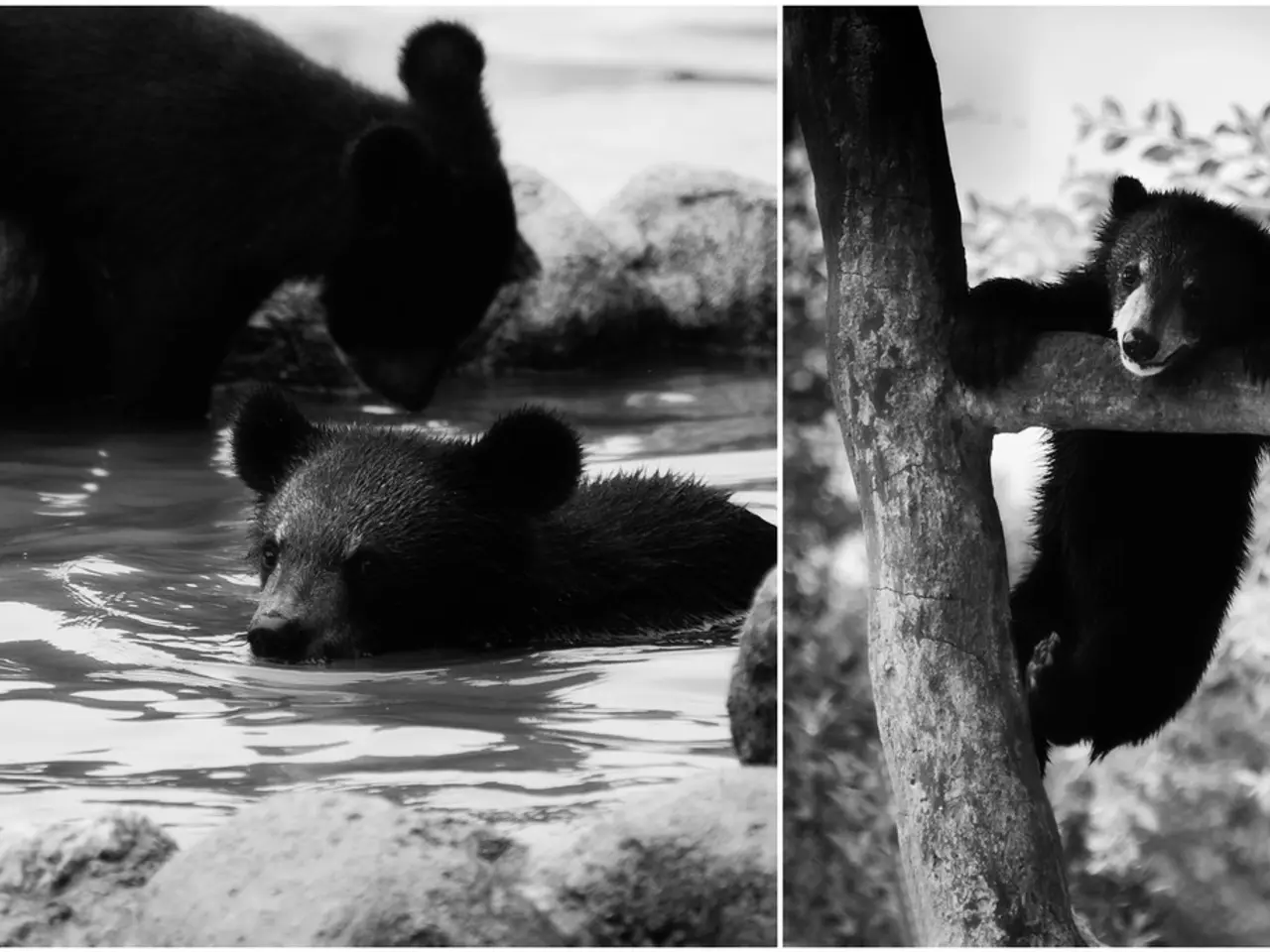Lehigh University's Health College Launches Institute Focused on Indigenous Scholarship and Research
Lehigh University's Institute for Indigenous Studies (IIS), a key research institute within the College of Health, is dedicated to improving the health and educational attainment of Indigenous populations in the Americas. The IIS is set to be established this year, merging two existing centres: the Center for American Indian Community Health (CAICH) and the Center for American Indian Studies (CAIS).
The IIS adopts a holistic approach, integrating Indigenous knowledge and interdisciplinary research to address the physical, mental, emotional, and spiritual well-being of Native Americans. This comprehensive, culturally informed strategy is in line with trends in Indigenous studies and health sciences, as well as broader initiatives such as the Indigenous Futures Lab at the University of Maryland.
The co-directors of the IIS, Christine Makosky Daley and Sean Daley, bring almost 25 years of established working relationships with dozens of Indian communities. They are currently working on the development of COVID-19 educational materials for American Indian communities and translating them into at least 10 Native languages for distribution in the U.S., Bolivia, and Guatemala.
In addition to their COVID-19 prevention efforts, the IIS will continue and expand its successful smoking cessation program, the All Nations Breath of Life (ANBL), which has a higher six-month quit rate than any other program for American Indians.
The IIS is also committed to fostering relationships with reservation and urban Native communities. This is reflected in their school-year and summer internship program for both Native and non-Native students, which provides valuable opportunities for interaction and learning.
Eight research scientists have joined the IIS, including Justin Begaye, Ryan Goeckner, Jordyn Gunville, River Gunville, Jason Hale, Charley Lewis, Joseph Pacheco, and Luke Swimmer. Luke Swimmer, who designed the IIS logo, symbolising the interconnectedness of all Indigenous peoples of the Americas, is also a part of the team.
Sean Daley is leading a National Endowment for the Humanities-funded project called: "Infusing Contemporary American Indian Cultural Studies across the Curriculum." Eduardo J. Gómez, associate professor and director of undergraduate programs at the College of Health, will also join the Institute, bringing his expertise in health policy and a global focus.
The IIS will create an online database resource for tracking policy responses among tribes throughout the U.S., a valuable tool for understanding and addressing health disparities within Native American communities.
Native Americans face significant health disparities, with a life expectancy that is 5.5 years less than the general U.S. population. They also have higher rates of heart disease, cancer, unintentional injuries, and diabetes compared to other Americans.
Makosky Daley recently received an enhancement award to a Patient-Centered Outcomes Research Institute (PCORI)-funded grant focused on COVID-19 in Native communities. The IIS will conduct a survey to identify attitudes, beliefs, and behaviours surrounding COVID-19, infectious disease, and pandemics, and trust in medical and public health professionals among Native populations.
For the most accurate and detailed information on the Institute’s specific programs and impact, consulting Lehigh University’s official resources or contacting the Institute directly would be recommended.
- The Institute for Indigenous Studies (IIS) at Lehigh University emphasizes innovation in health and education for Indigenous populations.
- The IIS integrates Indigenous knowledge and interdisciplinary research to promote health and educational attainment.
- Adopting a holistic approach, the IIS addresses physical, mental, emotional, and spiritual well-being in Native Americans.
- The IIS aims to align with broader initiatives like the Indigenous Futures Lab at the University of Maryland.
- Co-directors Christine Makosky Daley and Sean Daley have established relationships with over 50 Indian communities.
- They are currently developing COVID-19 educational materials in at least 10 Native languages.
- The IIS will continue and expand its successful smoking cessation program, the All Nations Breath of Life (ANBL).
- The IIS fosters relationships with reservation and urban Native communities through school-year and summer internship programs.
- Eight research scientists have joined the IIS, including Justin Begaye, Ryan Goeckner, Jordyn Gunville, and others.
- Luke Swimmer, designer of the IIS logo symbolizing Indigenous interconnectedness, is also part of the team.
- Sean Daley leads a National Endowment for the Humanities-funded project called "Infusing Contemporary American Indian Cultural Studies across the Curriculum."
- Eduardo J. Gómez, associate professor at the College of Health, will join the Institute, bringing expertise in health policy and a global focus.
- The IIS will create an online database resource to track policy responses among U.S. tribes.
- Native Americans have significantly lower life expectancies and higher rates of chronic diseases compared to the general U.S. population.
- The IIS will conduct a survey to understand attitudes toward COVID-19, infectious disease, and public health professionals in Native communities.
- For specific program details and impact, individuals should consult Lehigh University's official resources or contact the Institute directly.
- The IIS's comprehensive strategy is in line with trends in Indigenous studies and health sciences.
- The IIS's merger with the Center for American Indian Community Health (CAICH) and the Center for American Indian Studies (CAIS) is set to be established this year.
- Education and self-development, personal growth, and career development are integral aspects of the IIS's vision.
- The IIS encourages learning, skills training, and interaction among students, both Native and non-Native.
- Sports, such as football (NFL, NBA, MLB, NHL, racing, and others), can be a platform for addressing health and wellness in Indigenous communities.
- Sports like basketball (NBA, NCAA Basketball), tennis, and mixed martial arts can also contribute to health and fitness promotion.
- Weather forecasting (for outdoor sports events like grand prix and horse racing) and sports analysis can further support health and wellness in Indigenous communities.




